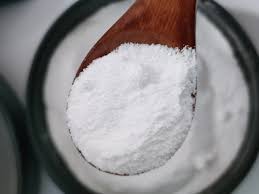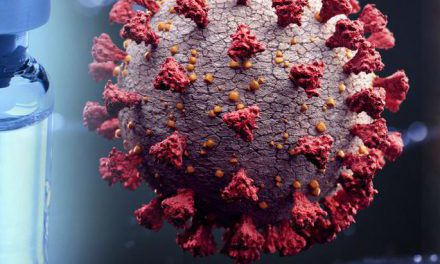The debate surrounding sugar’s potential addictive qualities continues to stir discussion among health experts. While the sweet stuff undeniably triggers cravings and compulsive eating behaviors, whether it truly mirrors the addictive nature of substances like alcohol or nicotine remains a complex question.
According to nutrition researchers, the intense cravings for sugar are indeed a real phenomenon. However, equating sugar with clinically classified addictive substances like alcohol, nicotine, and opiates presents a significant problem.
“Alcohol, nicotine, and opiates are all classified as addictive substances based on strict clinical criteria, and although sugar has been shown to increase cravings and compulsive eating behaviors, technically it’s not classified as an addictive substance based on current clinical criteria,” explains a source from Harvard University.
The physical and psychological effects of sugar consumption, especially from ultra-processed foods laden with added sugars, unhealthy fats, and sodium, are undeniable. These foods are designed to be highly palatable, leading to habitual consumption and, subsequently, withdrawal-like symptoms when consumption is abruptly halted. These symptoms can include headaches, dizziness, and anxiety.
However, the severity of these symptoms pales in comparison to the intense withdrawal experienced by individuals dependent on alcohol, nicotine, or drugs. “It’s a matter of the degree: For alcohol, nicotine, and drugs, those symptoms are very severe, and it’s very difficult for people to completely stop consuming those substances,” the expert notes.
This distinction highlights the key difference between sugar and truly addictive substances. While sugar may exhibit some addictive qualities, its classification remains outside the clinical definition of addiction.
Another crucial factor is the fundamental role of sugar in our diet. Unlike alcohol or drugs, which can be entirely eliminated, sugar is naturally present in essential foods like fruits, vegetables, whole grains, and dairy products. Moderate sugar consumption is unlikely to cause significant health or psychological issues. “The most important issue is the dose,” the expert emphasizes.
The concerning trend is the excessive consumption of added sugars in the modern diet. In the U.S., the average person consumes nearly 20 teaspoons of added sugar daily, primarily from sugary beverages, snacks, and sweets. This far exceeds the American Heart Association’s recommendations of no more than nine teaspoons for men, six teaspoons for women, and even less for children.
Experts recommend that individuals become more aware of their sugar intake by diligently reading food labels. Gradual reduction of added sugar is advised over abrupt cessation, which can often backfire.
“It’s difficult to classify sugar the same way as truly addictive substances. An appropriate amount of sugar in our diet can enhance flavor and texture; it can increase pleasure. We need some sweetness in our diets and in our lives. So if you classify sugar the same way as nicotine, it may be counterproductive,” the expert concludes.
Disclaimer: This article provides information based on expert opinions and should not be considered medical advice. Individuals with concerns about sugar consumption or potential addiction should consult with a healthcare professional or registered dietitian.












